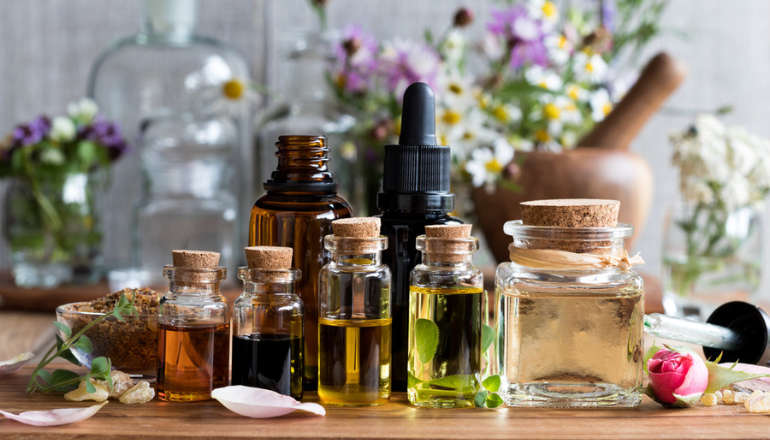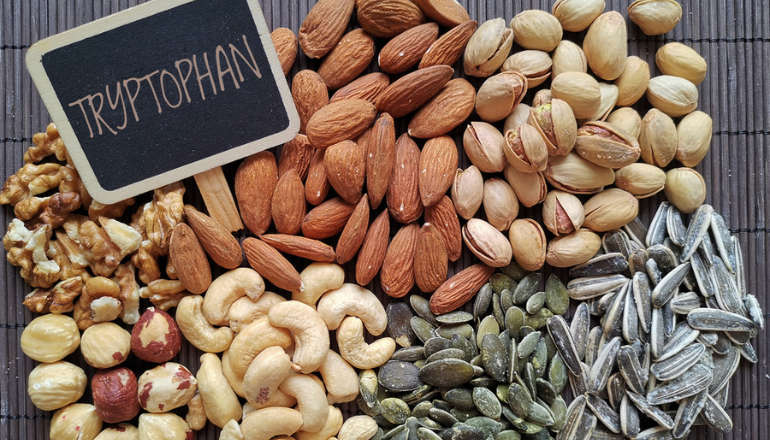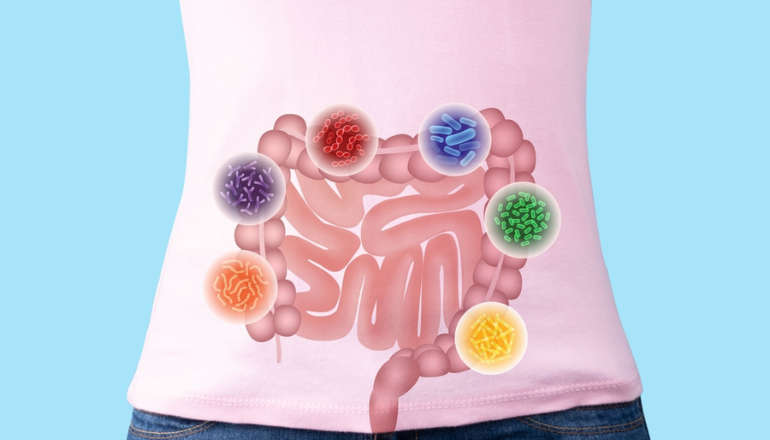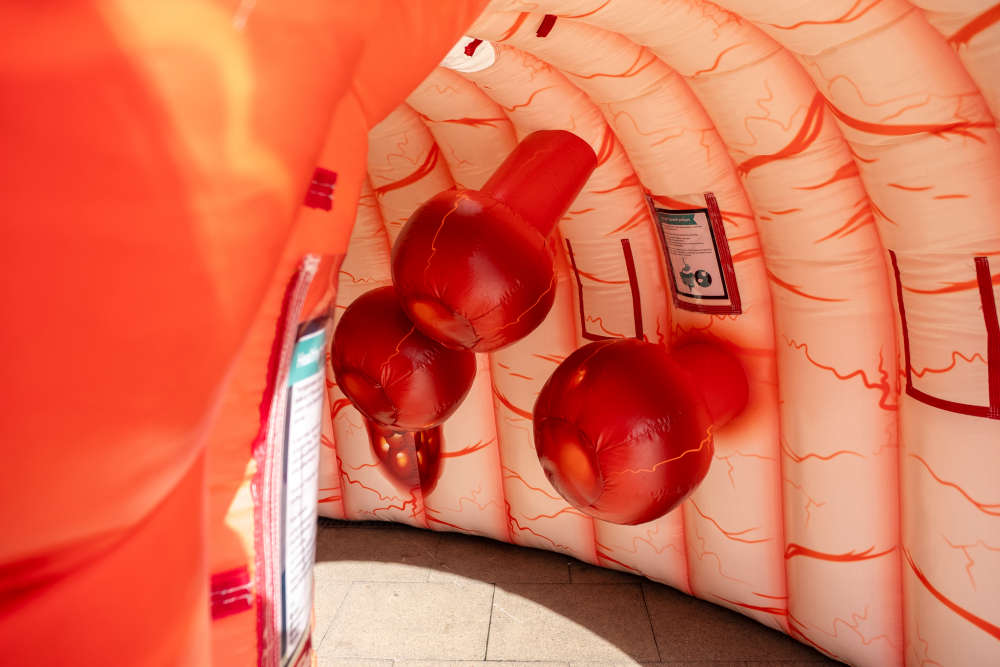
According to the NHS, SAD, more commonly known as the ‘winter blues’, affects an estimated 2 million people in the UK.
It is a seasonal depression that usually occurs during daylight savings, and whilst the exact cause is not fully known, it has been linked to reduced exposure to sunlight.
Wellbeing experts at beauty and wellness marketplace Fresha have compiled a list of seven tips that can help you manage SAD symptoms this winter season.
It is always best to see a GP if you think you have SAD, especially if you are finding it difficult to cope in the winter months. SAD has been linked to the following symptoms:
- Consistent low mood
- Irritability
- Anxiety
- Feeling unsociable
- Tiredness and fatigue, even with a full nights of rest
- Oversleeping
- Hunger, cravings for ‘comfort’ foods – those high in carbohydrates and sugars
- Weight gain
- Decreased sex drive
Here are seven tips you can use to help you deal with SAD this winter:
Incorporate aromatherapy into your morning or bedtime routine

Aromatherapy is the use of essential oils to help promote well-being.
Though this is not a treatment, aromatherapy can be a therapeutic and holistic option to help alleviate symptoms of anxiety and generally make you feel good.
The best way to start aromatherapy at home is by using a diffuser that disperses scented vapour into the atmosphere.
Scents can elicit specific emotions and memories, making you feel better, so finding a scent that makes you feel good or reminds you of a fun or fond memory is best.
Keep a diary or journal

Keeping a diary is a great tool that can highlight any patterns and SAD symptoms you are experiencing.
Using a notepad or even your notes app on your phone, note down key moments of your day that you think are affecting you.
This can help you understand what makes you feel better or worse and creates a sense of mindfulness.
Increase your Vitamin D and light exposure intake

Less sunlight exposure and time spent outdoors in the winter months can result in a lack of vitamin D, a primary cause of SAD, as vitamin deficiency is associated with depressive symptoms.
Vitamin D supplements are great to take during the winter months, though if in doubt, consult your GP.
Other natural ways to increase vitamin D are by incorporating mushrooms, egg yolks, and yoghurt into your meals, as these are naturally high in the vitamin.
However, light exposure outdoors is the quickest way to increase vitamin D levels.
SAD frequency Light Box

Those with SAD frequently use light therapy through the use of a ‘Light Box’, which works by simulating sunlight.
It helps reduce the production of melatonin, which can make you sleepy and is often used in the mornings to help you wake up and get out of bed.
These are inexpensive and are a great tool to implement into your morning routine.
Include tryptophan and protein-rich foods in your diet

When experiencing SAD, it can be beneficial to consume foods high in the amino acid Tryptophan.
Studies have suggested that there is a direct link between this amino acid and the production of serotonin, the hormone related to happiness, memory, sexual desire and sleep.
Tryptophan-rich foods include salmon, chicken and turkey. Vegetarian and vegan sources include pumpkin seeds, tofu (and other soya-based foods) and spinach.
Gut Biome

Your gut biome is directly linked to the production of serotonin, and poor gut health is linked to depression and hormone imbalances.
It is important to ensure you include enough water, fruits, vegetables, and fibre in your diet to maintain gut health.
Challenge yourself to have at least five to seven fruits and vegetables a day.
Ensure you’re doing 75 minutes or 3 x 25-minute exercises a week

Physical exercise is essential for all adults and should be done every week.
This does not mean high-intensity workouts; it can be moderate to light activity that can help get your blood pumping.
This can even significantly reduce the chance of a stroke or heart disease.
Introduce more greenery in your living spaces through houseplants

Some species of plants can help purify the air around you; plants such as Chrysanthemums.
Monstera plants and Spider plants are great to keep in bedrooms or living rooms and can remove indoor pollutants.
This clean, fresh air helps raise oxygen levels in your brain and can impact your serotonin levels.
Meal prep for the winter months

One way you could prepare is by cooking and freezing meals in advance for when you have little to no energy; this ensures you have a balanced and healthy meal ready without effort.
It also works out more cost-effectively, as batch cooking is cheaper, and you will always have a meal prepared, so you can avoid ordering an unhealthy takeaway.
Meal prepping is one way to prepare for the winter months, but preparing for other things, such as events or social gatherings, in advance is a great way to reduce stress and anxiety.

 Green Light For Wild Beaver: Landmark Moment For Nature Recovery
Green Light For Wild Beaver: Landmark Moment For Nature Recovery
 Super Bowel – Giant Inflatable Intestine To Tour Isle Of Wight
Super Bowel – Giant Inflatable Intestine To Tour Isle Of Wight
 Local Insurer To ‘Walk the Wight’ To Raise Vital Funds For Mountbatten Hospice
Local Insurer To ‘Walk the Wight’ To Raise Vital Funds For Mountbatten Hospice
 Isle Of Wight Story Festival Pulls Large Crowds Over Half Term Week
Isle Of Wight Story Festival Pulls Large Crowds Over Half Term Week
 Wing Walk 2025 A First For St Catherine's
Wing Walk 2025 A First For St Catherine's



 Popular Ryde Restaurant 'Crepe Lovers' Opens Second Island Eatery In Newport
Popular Ryde Restaurant 'Crepe Lovers' Opens Second Island Eatery In Newport
 Secondary School Offers Made To Island Children
Secondary School Offers Made To Island Children
 Shanklin Garage Fire Leads To Emergency Service Call-Out
Shanklin Garage Fire Leads To Emergency Service Call-Out
 Mountbatten CEO 'Delighted' Following Government Funding Of More Than £330,000
Mountbatten CEO 'Delighted' Following Government Funding Of More Than £330,000
Comments
Add a comment